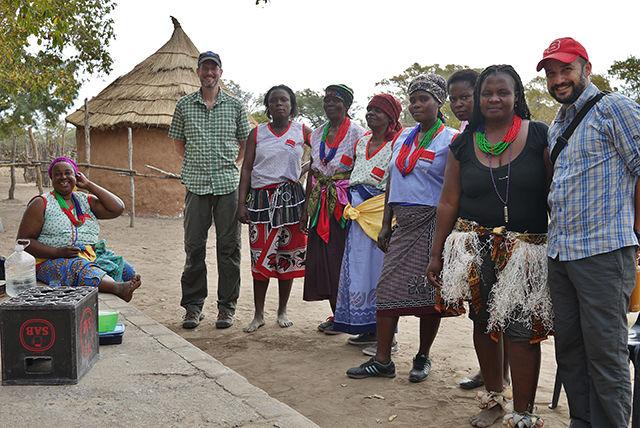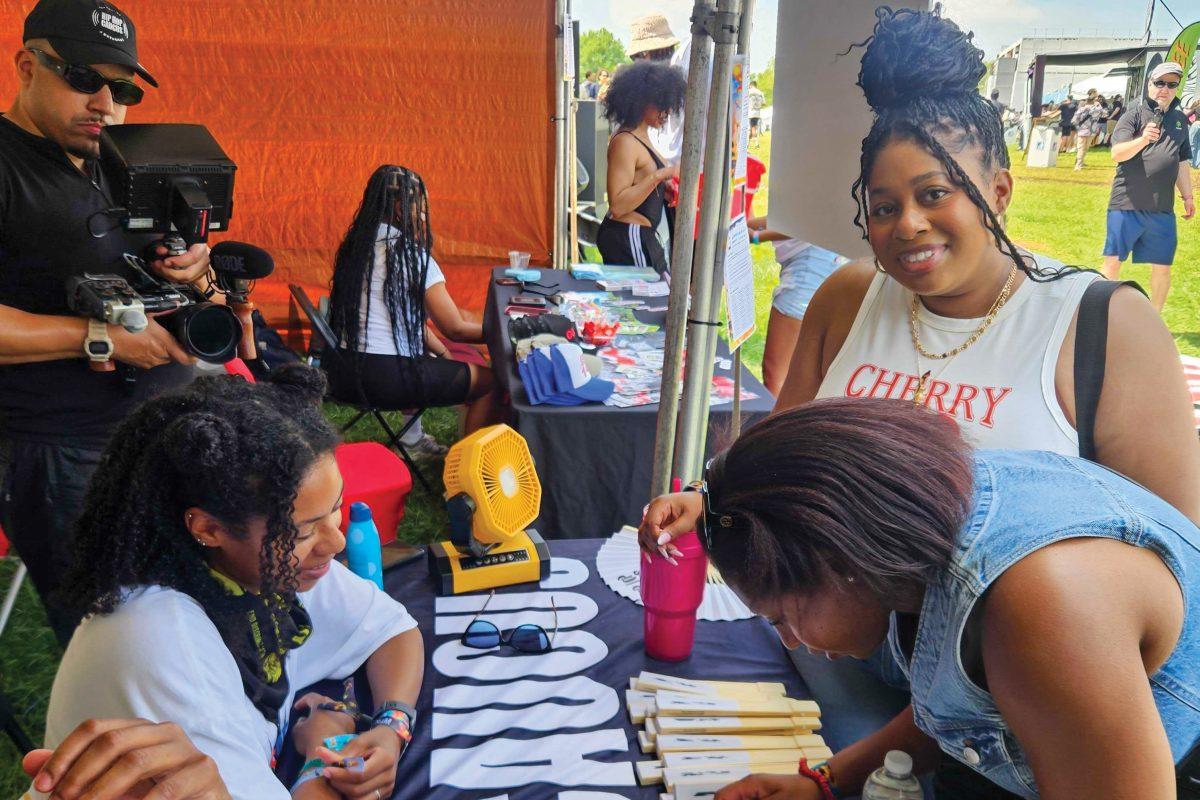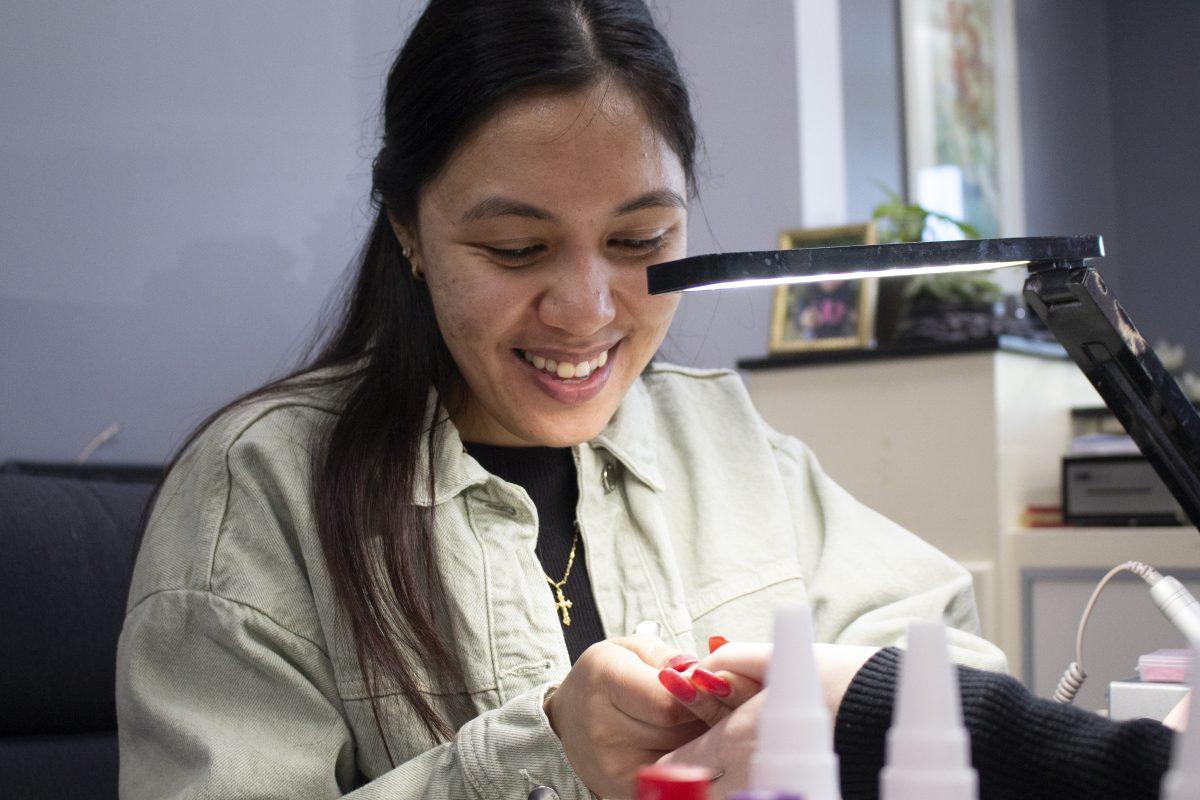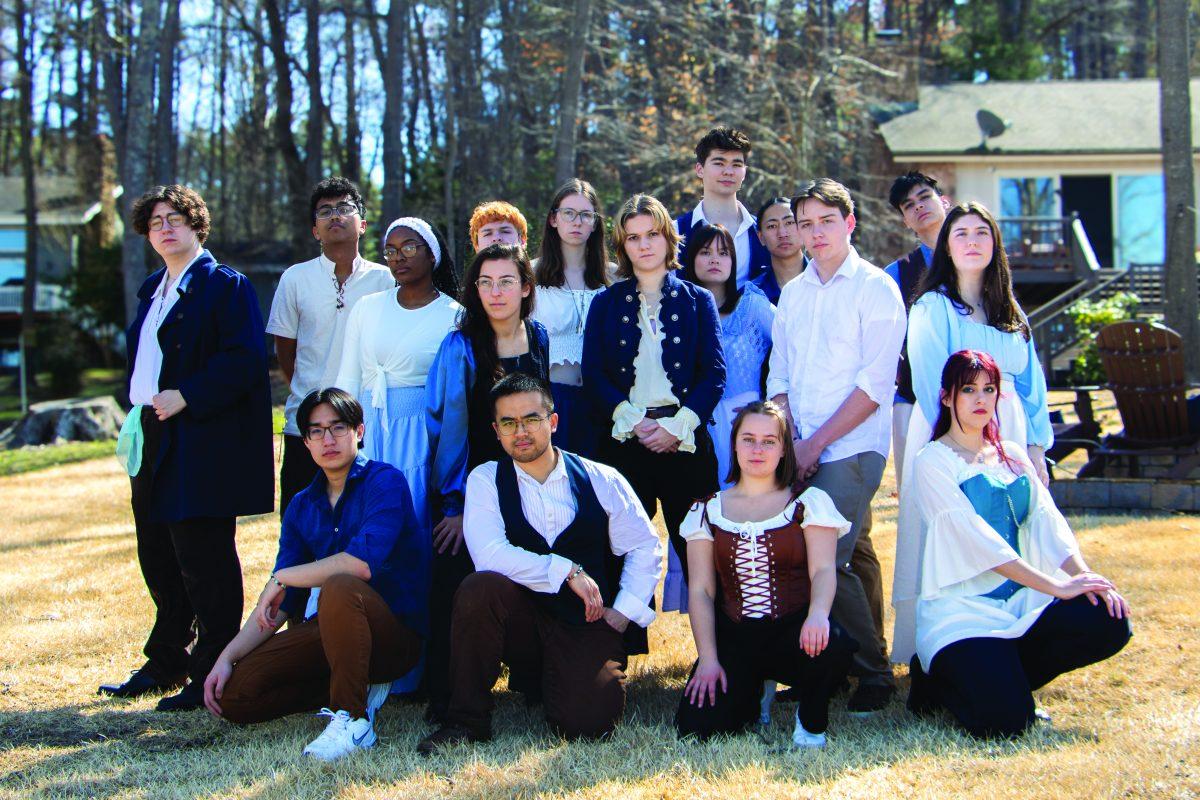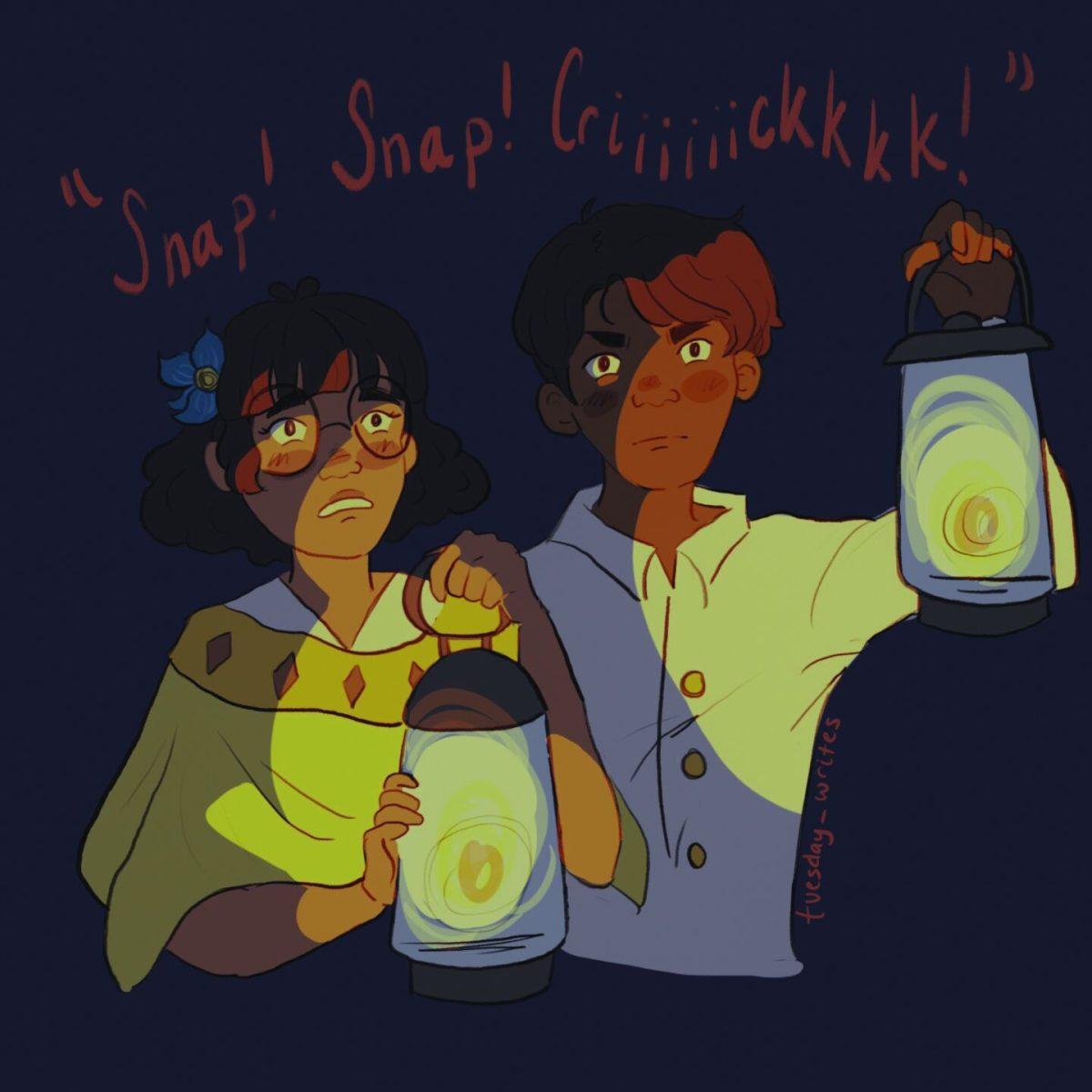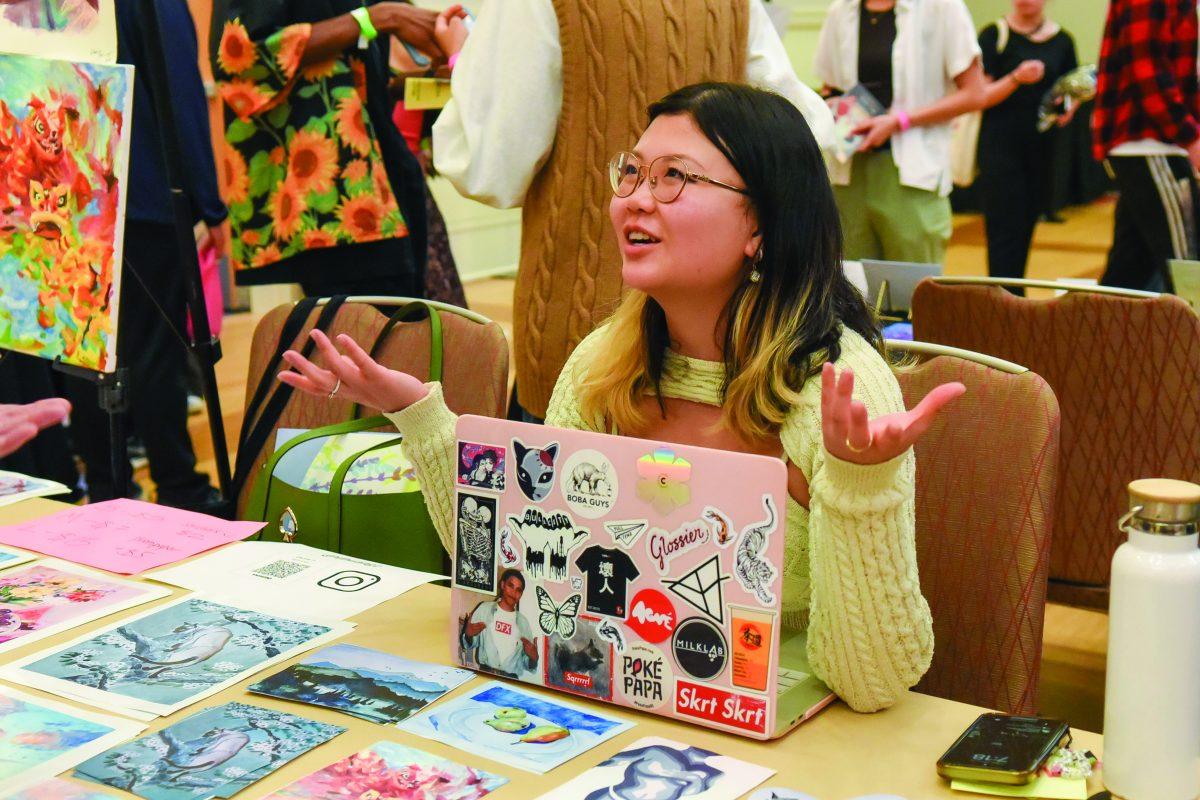*Editor’s Note: This article was updated on Oct. 23 to more accurately reflect Morais’s title and the model of People-First Tourism.
Meet Duarte B. Morais, an associate professor of equitable and sustainable tourism and CEO of People-First Tourism. People-First Tourism is a “social change movement with an embedded for-profit business model” that aims to leverage the economic force of tourism for the benefit of communities, according to Morais.
Prior to joining the Wolfpack in 2010, Morais worked at Penn State in a more traditional research professor role, studying how tourism fails to generate well-being in the destination communities. Having written a lot about flaws in the tourism industry while doing work internationally and in the United States, Morais said he felt he had spent a lot of time diagnosing the problems with tourism without prescribing a cure, like a doctor who tells their patient they are ill and then offers no care.
“I was here pointing fingers at the problems but not fixing them,” Morais said.
According to Morais, the way the tourism industry presently operates is problematic.
“The problem is, when tourism trickles in, it then needs to be organized so it creates this division of government that is funded by tourism tax, and then that division will have a bigger budget if they have more visitors and their job is to attract visitors,” Morais said. “Then capitalism kicks in and there’s the need to keep growing and growing and growing, right? Because the job of that organization is to attract visitors.”
In attempts to start making a difference, Morais applied to NC State to be a research professor, which ultimately led to the birth of People-First Tourism. The company, inspired by his research, was largely made possible by the University, Morais said.
“NC State actually owns the license of the knowledge,” Morais said. “They own the intellectual property. The company pays NC State royalties to use the knowledge. It’s kind of strange, but that’s how it works. I’m an NC State employee. We invented something, and then we created a start-up that pays royalties to use the knowledge I generated on payroll to the University.”
The company was created in part to facilitate action research, whereby People-First Tourism helps connect locals with tourists as a means to study if and how tourism can be implemented into local communities in a manner that is useful and sustainable for those living there. According to Morais, the key is achieving sustainable tourism microentrepreneurship.
“If local people become guides, if they rent their homes, if they do tours and maybe do food services and farm services and stuff like that, then the local community will be involved in tourism which will shape tourism,” Morais said.
Conversely, Morais said if tourists choose not to engage with the local community when visiting tourism destinations, then those destinations will eventually lose their original appeal.
“If local people are just tolerating tourism and leave tourism to the hotels and to the big, fancy restaurants, then the locals just have to deal with the fact that there are a lot of tourists, not enough tourists, or drunk tourists, you know?” Morais said. “They have no influence over what the tourism industry does.”
Rather than just studying the effects of tourism microentrepreneurship, Morais said he and his team started People-First Tourism in an effort to revitalize the tourism industry. This included many local partners based in and around North Carolina and trips abroad. Morais and his team have partnered with guides, farmers, foodies, artists and more who are offering unique experiences that truly highlight the local culture these communities have to offer.
Morais said he feels his initiative is important because many locals, especially artists, struggle to compete with the large-scale, capitalist nature of the tourism industry. When a location is standardized in that way, visitors are unable to derive meaning from local art.
“If [artists] sell through a gallery or shop, then their piece has a hard time telling a story on its own, and they have put so much effort in it,” Morais said. “They are frustrated that people are going to compare their $25 postcard with another $22 postcard, and they are like, ‘If I could only explain that meaning to them,’ and People-First Tourism is a way to engage with people and explain their meaning.”
For example, People-First Tourism is currently working in partnership with Annelies Gentile, a local Raleigh artist, by offering a virtual art tour where Gentile walks through the streets of downtown Raleigh, while highlighting local artists. The footage was shot with a 360-degree camera, which was made possible for Moriais and his partners by a $1,000 contribution made by NC State DELTA. Gentile is also working with People-First Tourism to offer an Art in the Garden experience where she encourages people to find art in nature.
Another local artist People-First Tourism has recently partnered with is local influencer Krystal DaMuse.
“One of the local experiences I’m really excited about is through Krystal DaMuse,” Morais said. “She has offered cultural immersion experiences in Glenwood South to take groups of generally white visitors to African American hip-hop, poetry spaces in Glenwood South.”
Morais and his colleagues have also worked to facilitate several alternative spring break trips, specifically trips to Costa Rica and Mexico. According to Morais, students in Costa Rica worked with local women to make items to sell from upcycled materials they found. This initiative was aimed to help these women sustain a better way of life and also combat the trash problem that is present in Costa Rica.
Ultimately, Morais said the goal for People-First Tourism is to help break the cycle of destructive tourism and introduce a plausible solution for locals and tourists. Morais said while he is passionate about his mission and encourages students to try more local engagement when traveling, he wants nothing less than to come across as a preachy man telling tourists that what they are engaging with is wrong.
“What I would do, instead, is tell you how amazing it can be to have a genuine encounter with a local,” Morais said. “It’s not boring; it’s just freaking awesome.”
For students interested in learning more, a full list of People-First Tourism events can be found here.


